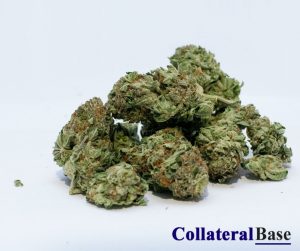 On August 20, 2020, the Drug Enforcement Administration (DEA) released its final rule regarding enforcement of the new Hemp laws from the 2018 Farm Bill. The new Interim Final Rule (IFR) appears to shut down CBD Hemp extraction, or any Delta-8 THC product created from formerly lawful CBD Hemp. Enforcing these rules may lead to arrests of formerly lawful hemp farmers by DEA agents.
On August 20, 2020, the Drug Enforcement Administration (DEA) released its final rule regarding enforcement of the new Hemp laws from the 2018 Farm Bill. The new Interim Final Rule (IFR) appears to shut down CBD Hemp extraction, or any Delta-8 THC product created from formerly lawful CBD Hemp. Enforcing these rules may lead to arrests of formerly lawful hemp farmers by DEA agents.
New DEA Interim Final Rule PDF
DEA HEMP RULE
The New DEA Interim Final Rule for enforcing the 2018 Farm Bill – which legalized hemp- may end up in all hemp farmers and processors being arrested for marijuana.
The regulations of the hemp provisions of the Agricultural Act of 2018, also known as the 2018 Farm Bill, issued by the DEA on August 20, 2020, were long-anticipated and expected to result in a fatal blow to the whole growing and already lawful industry. It did not surprise but did, in fact, frustrate everyone involved in the industry of cannabis related products, as it sets WIPHE and tetrahydrocannabinols -or THC- as Schedule 1 controlled substances under the Control Substance Act.
What Does The DEA Hemp Rule Say?
This Interim Final Rule amends the definition of marihuana extract to conform to the revised definitions of marihuana and tetrahydrocannabinols. This revised definition now includes the 0.3%-THC content limit for the extract, meaning hemp-derived extracts containing less than 0.3%-THC content are also decontrolled along with the plant itself.
What it means is that now the processing of hemp will be severely restricted since the WIPHE is no longer considered hemp, but marijuana. Making it very challenging to execute the process of extraction for CBD based products.
In a similar manner, the DEA is criminalizing the use of D-8 THC, which is a synthetically prepared substance derived from the hemp plant, considering it as Schedule 1 Controlled Substance, so it will be possible for the DEA to prosecute people who are selling or even producing D8 THC.
What is WIPHE?
WIPHE stands for Work in Progress Hemp Extract, and is an extract of hemp in a partially processed state, not intended for consumption. The real issue with the illegalization of this substance is that WIPHE is a necessary component for the production of CBD and hemp products, that are still legal to both produce and consume, meaning that the DEA is taking a legalized industry and making it lawfully impossible to manufacture their product.
Here is what the Interim Final Rule establishes that appears to refer about WIPHE:
“In addition, the definition of hemp does not automatically exempt any product derived from a hemp plant, regardless of the 9-THC content of the derivative. In order to meet the definition of “hemp,” and thus qualify for the exemption from schedule I, the derivative must not exceed the 0.3% 9-THC limit. The definition of “marihuana” continues to state that “all parts of the plant Cannabis sativa L.,” and “every compound, manufacture, salt, derivative, mixture, or preparation of such plant,” are schedule I controlled substances unless they meet the definition of “hemp” (by falling below the 0.3% 9-THC limit on a dry weight basis) or are from exempt parts of the plant (such as mature stalks or non-germinating seeds). See 21 U.S.C. 802(16) (emphasis added). As a result, a cannabis derivative, extract, or product that exceeds the 0.3% 9-THC limit is a schedule I controlled substance, even if the plant from which it was derived contained 0.3% or less 9-THC on a dry weight basis.”
Even though WIPHE is an extract of the hemp plant and is used exclusively for the making of below the 0.3% D9 -THC limit based products, not consumption, since it exceeds the 0.3% limit as a substance is considered schedule 1 and can not be used, even if plant from which is derived is under the limit THC.
What is Delta-8 THC
Delta-8 THC is a pretty newly discovered cannabinoid derived from hemp that has become very popular among consumers, mainly because of its psychoactive effect, though not as psychoactive as Delta-9. It was considered to be legal since it derives from lawful hemp as well.
Here is what the Interim Final Rule establishes that appears to refer delta-8 THC:
“The AIA [best known as the Farm Bill] does not impact the control status of synthetically derived tetrahydrocannabinols (for Controlled Substance Code Number 7370) because the statutory definition of “hemp” is limited to materials that are derived from the plant Cannabis sativa L. For synthetically derived tetrahydrocannabinols, the concentration of 9-THC is not a determining factor in whether the material is a controlled substance. All synthetically derived tetrahydrocannabinols remain schedule I controlled substances.”
Meaning that, although cannabinoids derived from hemp not exceeding 0.3% is considered lawful, it considers that synthetically derived THC is not, never mind that it still comes from lawful hemp as well.
What Can I Do About The DEA Hemp Rule?
Since these Rules are in the Public Comment Period, you have 60 days to comment on this document. The process is pretty simple and it could, hopefully result in this rules not being implemented:
- You should go to https://www.regulations.gov
- Fill out the forms, follow the instructions on how to make your comment
- Make sure, when filling the forms, to reference the RIN 1117 AB53/ DOCKET No. DEA-500
- If you are in the cannabis products industry you are probably enraged and want to insult the DEA on the deplorable job done when interpreting the Federal Law, but take a moment to compose yourself and focus your comments on how this Interim Final Rules only affect your lawful business.
What Is The DEA Interim Final Rule
As it states in the official text of the DEA Interim Final Rule:
“DEA is obligated to issue this interim final rule to revise its regulations so that they are consistent with the provisions of the CSA that were amended by the AIA. In issuing this interim final rule, DEA has not gone beyond the statutory text enacted by Congress. Thus, DEA would have to issue this interim final rule regardless of the outcome of the agency’s regulatory analysis”
We don’t want to imply that with this Interim Final Rule and the interpretations made the DEA is looking for more reasons to arrest people for anything that may resemble a cannabis plant, but it sure looks like it.
If you are worried about how this DEA resolution may affect your business do not hesitate to contact us.
Thomas Howard has been in business for years and can help yours navigate towards more profitable waters.
Our cannabis business attorneys are also business owners. They can help you structure your business or help protect it from overly burdensome regulations.
[contact-form-7 id=”222210″ title=”common-footer-form”]
![]()
316 SW Washington Street, Suite 1A
Peoria, Illinois 61602
Phone: (309) 740-4033 || Email: [email protected]

150 S. Wacker Drive, Suite 2400,
Chicago IL, 60606 USA
Phone: 312-741-1009 || Email: [email protected]
![]()
316 SW Washington Street, Suite 1A
Peoria, Illinois 61602
Phone: (309) 740-4033 || Email: [email protected]

150 S. Wacker Drive, Suite 2400,
Chicago IL, 60606 USA
Phone: 312-741-1009 || Email: [email protected]


